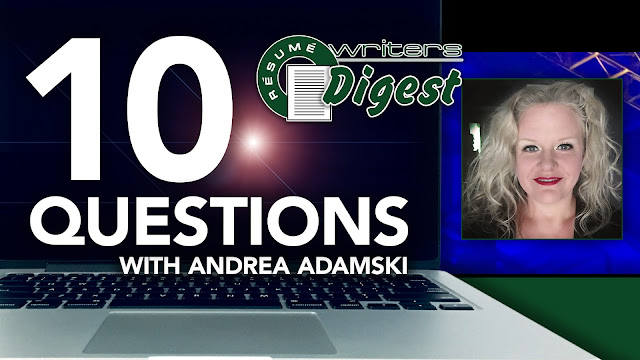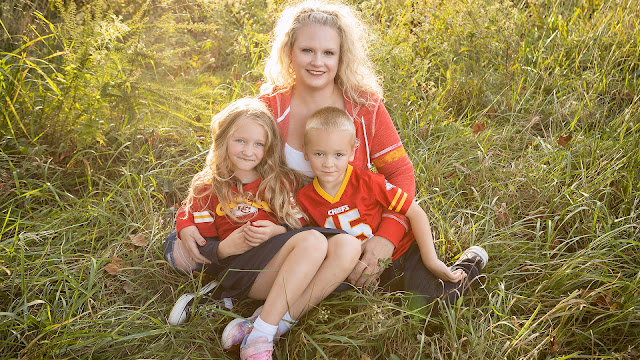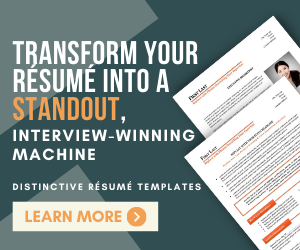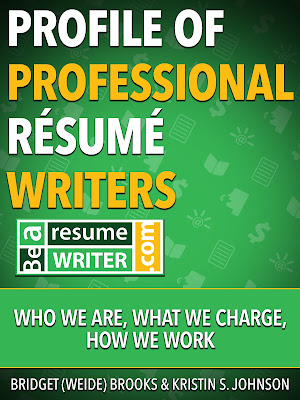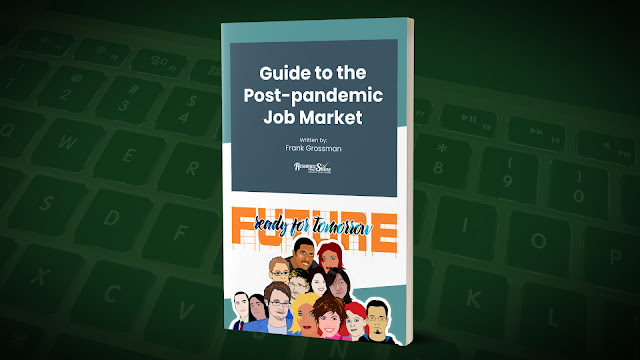Get to know other resume writers in our community with the latest entry in our “10 Questions” series!
Today’s profile is Andrea Adamski, CPRW. Andrea has been writing resumes for more than a decade. She owns her own business, Write For You Resumes, based in Kansas City, Missouri, and also does contract work as Director of Writing Services, training writers and serving as quality control for Your Next Jump, a career services company based out of Washington, D.C.
1. Why did you decide to become a professional resume writer?
I worked in marketing copywriting in the corporate world for nearly a decade. My coworkers familiar with my writing abilities would ask me to help them with their resumes on the side. They would then refer me to their friends and it snowballed.
I worked in marketing copywriting, mostly in the healthcare and financial industry.
3. What do you typically wear when you’re working?
Jeans or leggings and one of my Dolly Parton or Prince t-shirts, unless I am meeting a client — then I dress accordingly (no Dolly t-shirt).
4. What is your best habit, and what is your worst?
5. What is your favorite object in your office? Why?
A picture of my kids.
I take a break if possible, cook dinner, help my kids with something. My kids and I play a lot of Uno.
I spend time with my family and kids, I love crafts, especially crochet. Sometimes I sew to unwind. I also love to read and watch true crime. If I wasn’t a resume writer, I think I might have liked to be a detective.
9. What ONE thing would you change about your business or the career industry if you could?
The ageism and bias in resumes and the interview process. I am very cognizant of trying to help my clients with this as there aren’t many protections at the resume stage like there are once you walk in for an interview.
https://www.linkedin.com/in/andreaadamskiresumes/
Find her company on Facebook:
Follow Andrea on Twitter:
https://www.twitter.com/WriteForYouRes

